Generally, however, it involves a decision to let go of resentment and thoughts of revenge.
The act that hurt or offended you might always be with you, but forgiveness can lessen its grip on you and help free you from the control of the person who harmed you.
Forgiveness can even lead to feelings of understanding, empathy and compassion for the one who hurt you.
Forgiveness doesn’t mean forgetting or excusing the harm done to you or making up with the person who caused the harm. Forgiveness brings a kind of peace that helps you go on with life.
What are the benefits of forgiving someone?
Letting go of grudges and bitterness can make way for improved health and peace of mind.
Forgiveness can lead to:
Healthier relationships
Improved mental health
Less anxiety, stress and hostility
Lower blood pressure
Fewer symptoms of depression
A stronger immune system
Improved heart health
Improved self-esteem
How do I reach a state of forgiveness?
Forgiveness is a commitment to a personalized process of change.
To move from suffering to forgiveness, you might:
Recognize the value of forgiveness and how it can improve your life
Identify what needs healing and who needs to be forgiven and for what
Consider joining a support group or seeing a counselor
Acknowledge your emotions about the harm done to you and how they affect your behavior, and work to release them
Choose to forgive the person who’s offended you
Move away from your role as victim and release the control and power the offending person and situation have had in your life
As you let go of grudges, you’ll no longer define your life by how you’ve been hurt.
You might even find compassion and understanding.



